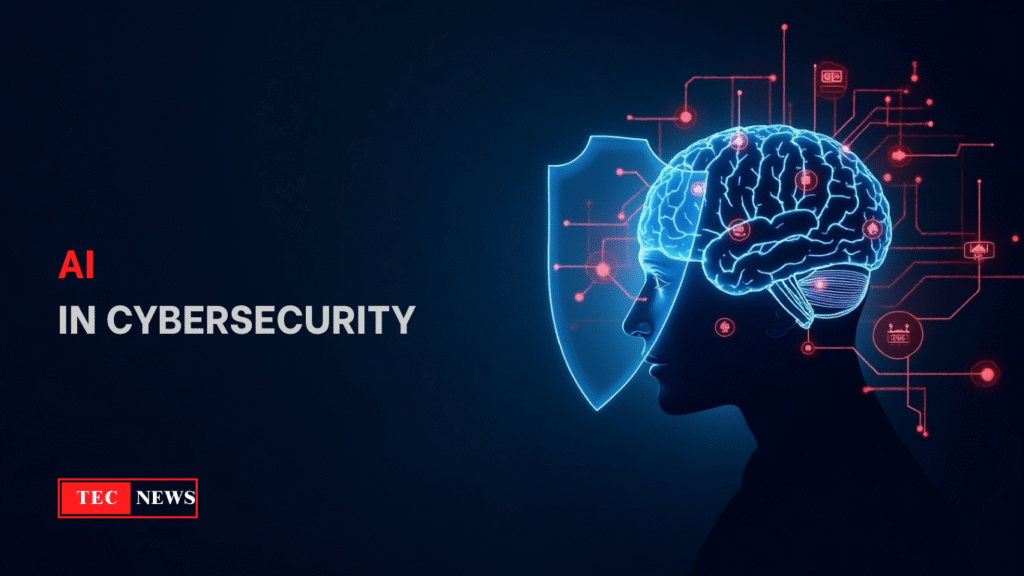In today’s digital world, cyber threats are evolving faster than ever. From phishing scams to ransomware attacks, businesses and individuals are always at risk. This is where Artificial Intelligence (AI) is changing the game, making cybersecurity stronger, smarter, and more adaptive.
Why AI Matters in Cybersecurity
Traditional security systems rely heavily on manual monitoring and predefined rules. But hackers are quick to bypass such defenses. AI, on the other hand, learns patterns, detects anomalies, and responds in real time. This makes it a vital shield in protecting sensitive data.

Key Benefits of AI in Cybersecurity
- Faster Threat Detection: AI can analyze massive amounts of data in seconds to flag unusual activities.
- Proactive Defense: Instead of just reacting, AI predicts potential attacks before they happen.
- Reduced False Alarms: By learning user behavior, AI minimizes unnecessary alerts that waste time.
- Automated Response: AI tools can quickly isolate infected systems and prevent threats from spreading.
Also, you can check How AI use in Music Generators.
AI-Powered Defense Strategies
- Behavioral Analytics – Studying normal user patterns to catch suspicious activity.
- Machine Learning Models – Constantly updating security rules as new threats appear.
- Endpoint Protection – Securing devices like laptops and mobiles with AI-driven monitoring.
- Network Monitoring – Detecting hidden threats in real-time across large IT infrastructures.
Future Trends to Watch
- AI + Blockchain: Creating tamper-proof security records.
- Explainable AI: Making AI decisions more transparent for cybersecurity teams.
- Autonomous Security Systems: Self-healing networks that fix vulnerabilities without human input.
- AI vs. AI Warfare: Hackers are also starting to use AI, so defensive systems will need to stay one step ahead.
Final Thoughts
AI is no longer a “nice to have” in cybersecurity—it’s a necessity. Companies that embrace AI-driven security are not just protecting their data; they’re securing trust, reputation, and long-term growth.
You can checkout AI in Focus: Why August 2025 Was a Turning Point, for daily tec, and AI update follow on Instagram.



